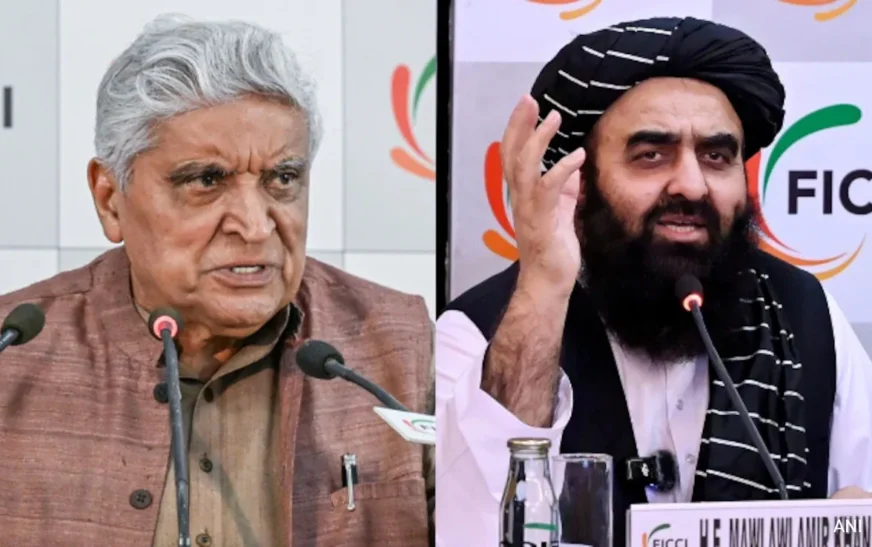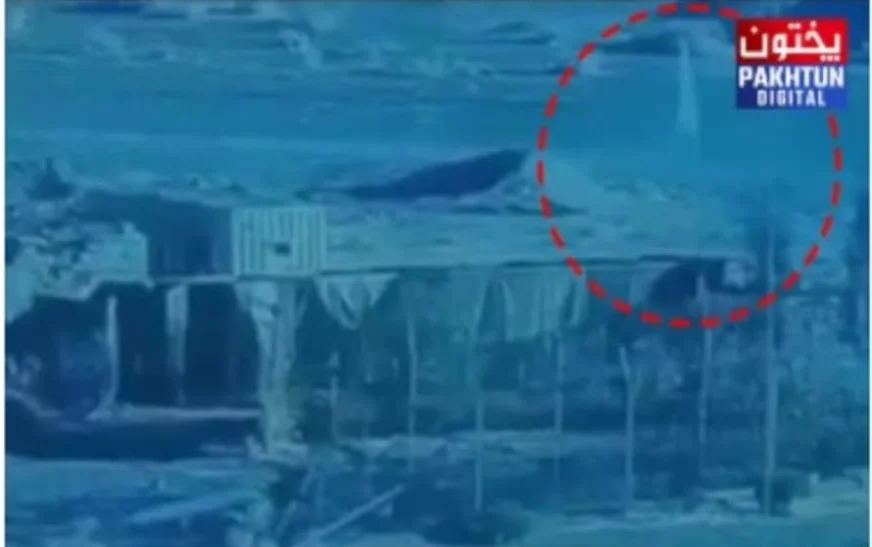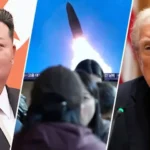NEW DELHI: The well-known Indian author and poet Javed Akhtar has expressed his views in very harsh words about the warm welcome extended to Afghan Foreign Minister Amir Khan Muttaqi during his stay in India.
Akhtar made a declaration in which he showed his great dismay and put it as “head bowed in shame” because of the incidents in which the Taliban’s representative was treated with dignity and honor and the Indian authorities, he said, had done that the group’s widely recognized reputation as a terrorist organization was already in the air.
Afghan FM Muttaqi is the first Taliban leader to visit India after the group’s return to power in Afghanistan in 2021, and is on a six-day trip to the country. During his visit, he had a meeting with India’s Foreign Minister S. Jaishankar, who presented ambulances as a gift to him. Apart from his meetings in Delhi, the Taliban minister also paid a visit to the most famous Islamic educational institution in India, Darul Uloom, Deoband in Uttar Pradesh.
Javed Akhtar made his concerns public on X (formerly Twitter) by posting: “My head is bowed in shame when I see how the representatives of the Taliban, the most dangerous terrorist group in the world, are being welcomed and honored by those who claim to fight against all forms of terrorism.”
Akhtar also condemned Darul Uloom Deoband for giving the Taliban delegation a red carpet treatment, and he stated the hypocrisy of an institution that has been historically quite influential on Islamic matters, yet now is hosting a government that has made a complete ban on girls’ education in Afghanistan. “It’s shameful that Darul Uloom Deoband welcomed those who have completely banned education for girls. My Indian brothers and sisters, what is happening to us?” he concluded his public statement.
ALSO READ: Afghan FM calls on Pakistan to open Wagah border
The visit has ignited a vigorous discussion all over India, with a lot of people wondering about the consequences of dealing with the Taliban at this crucial time, particularly in the context of the groups’ oppression.















